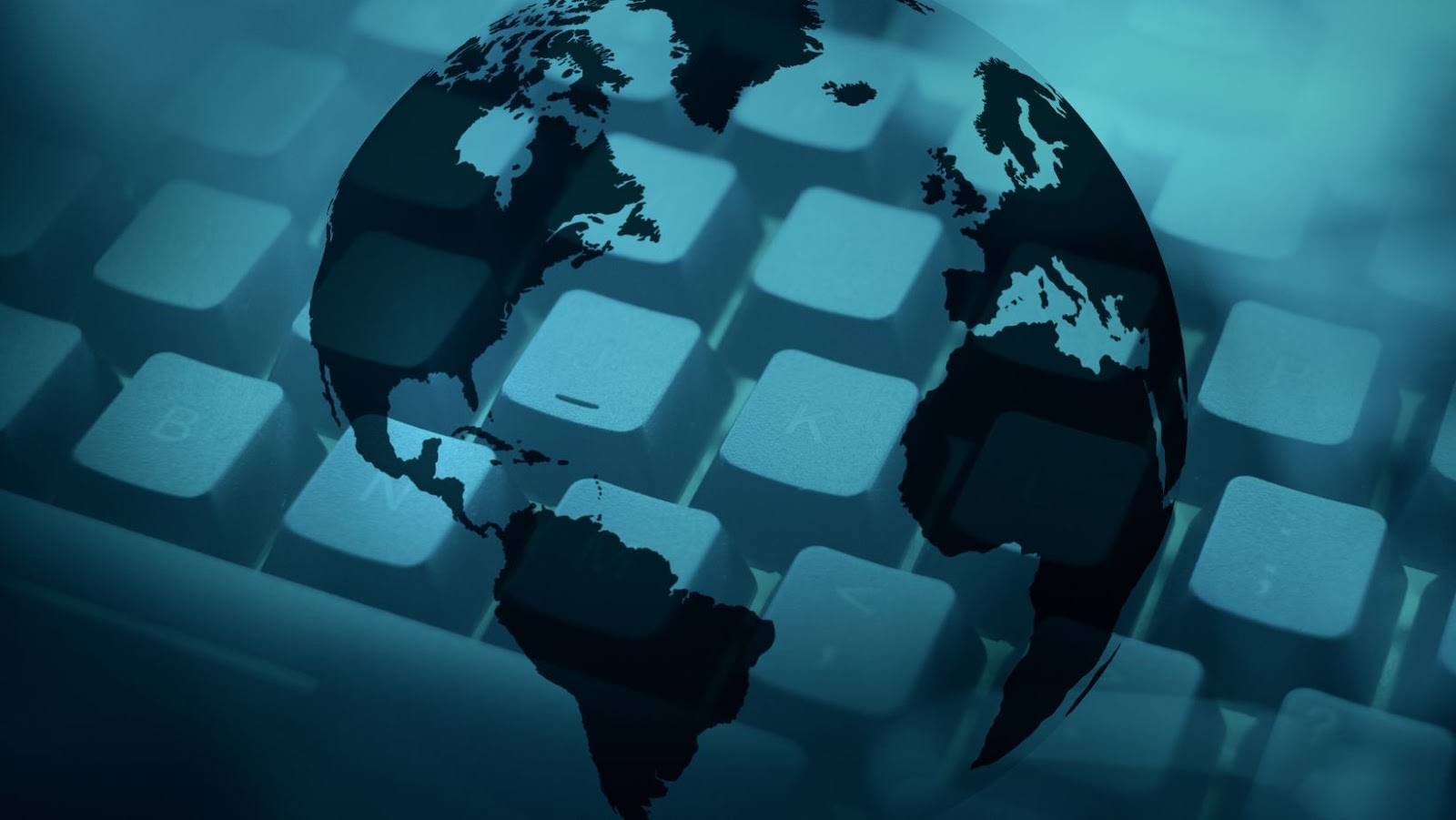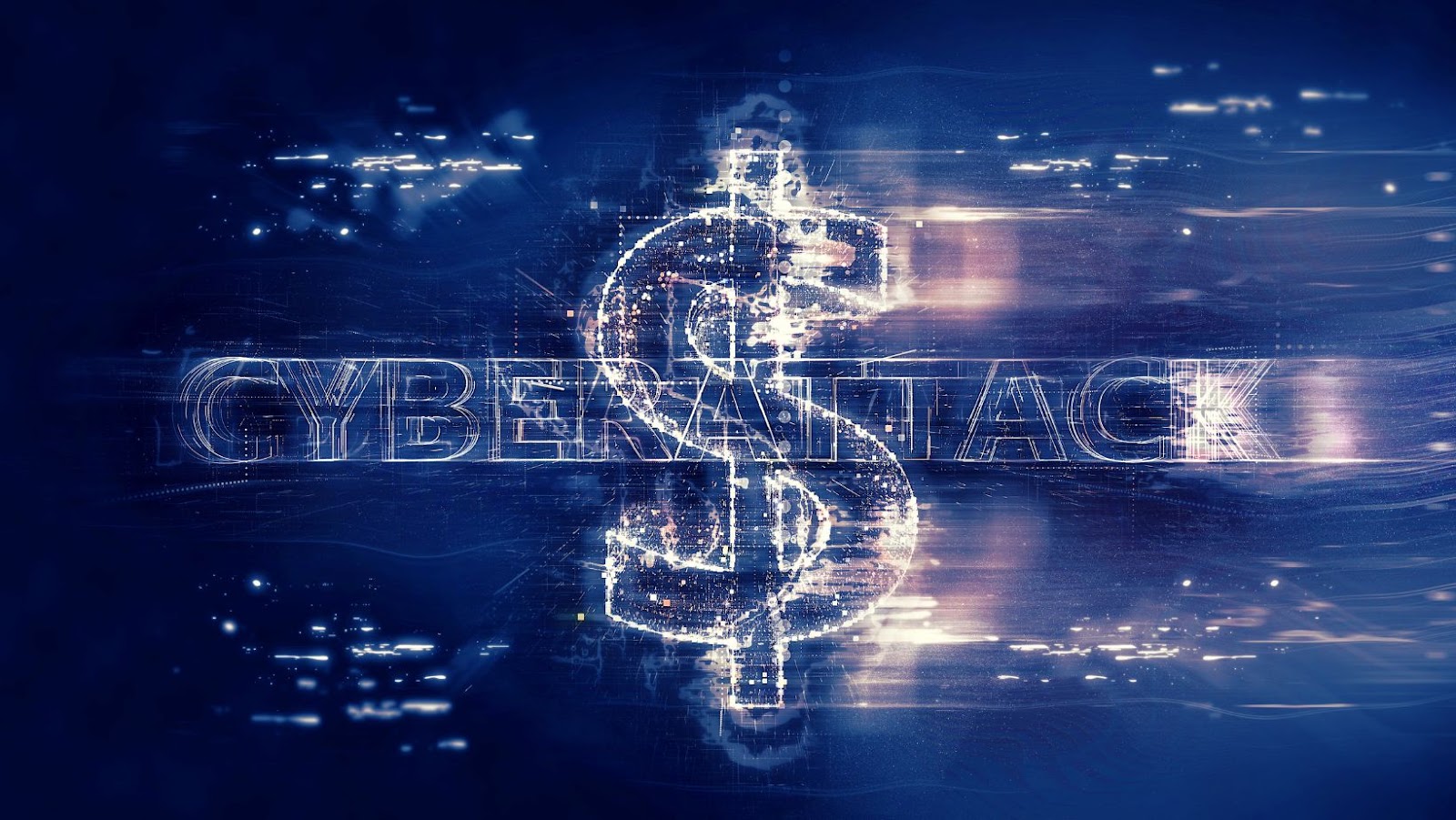Confidential or sensitive information leaks can have drastic implications on businesses, organizations, and individuals alike. While there are no foolproof measures to prevent unauthorized access to data, a variety of steps can be taken to help minimize the risk of data breaches in the future. This article will explore some of these measures and provide guidance on how organizations can improve their security posture and prevent future leaks.
The first measure that organizations should consider is implementing a comprehensive set of policies and procedures related to the handling and storing sensitive information. Policies should outline proper handling protocols for documents and any other type of sensitive data, including passwords, financial information and customer records. These policies should also include appropriate security measures such as encryption when transmitting or storing data internally within an organization or externally with third parties.
Organizations should also consider deploying advanced security technologies like firewalls or intrusion detection systems (IDS). Firewalls can control which types of traffic are allowed into an organization’s network while IDSs can monitor network traffic for suspicious activity that could indicate potential threats. Other technologies that may be beneficial in preventing leaks include access controls such as authentication systems, activity monitoring software, patch management programs, vulnerability scanning programs, mobile device management tools and secure file-sharing services.
Finally, keeping all employees informed about the organization’s security practices is essential if an organization wants to reduce its risks associated with confidential data leaks. This includes providing employees with periodic training on proper handling protocols for sensitive information and raising awareness around best practices for identifying potential risks or malicious activity in digital environments (e.g., phishing emails). Additionally, employers should implement processes designed to regularly audit compliance with applicable laws regarding privacy protections for customers or clients whose information has been compromised in a breach.
Data of 6.5 million Israeli citizens leaks online
In April 2021, the personal data of 6.5 million Israeli citizens was leaked online, leaving many to wonder how it happened and how to prevent it from happening again.
To understand how to guard against similar leaks in the future, it is important to examine the causes of the original leak. This section will explore the factors that led to the leak and how they can be addressed moving forward.
Inadequate Security Measures
Any pipeline system must have adequate security measures in place to work effectively and efficiently. This includes installing sophisticated equipment and systems designed to identify potential issues before they occur and alert the operators.
Such security measures should also include proactive steps such as building defensible perimeters around pipelines, locating threatening civilian activity around the infrastructure, and ensuring that appropriate personnel know any threats near a pipeline system. Furthermore, it is important to test all equipment regularly to detect potential problems and fix them immediately before they occur.
All personnel operating or in charge of a pipeline should be trained to quickly respond to any reported leak. Also, proper training must cover how to operate complex monitoring systems and ensure they function optimally at all times.
Finally, public education is essential for efficient preventive measures against future leaks: citizens need to be aware of the importance of reporting suspicious activities near a pipeline infrastructure.

Human Error
Human error can be one of the most common causes of pipeline leaks and breaks. While operators are now equipped with more advanced automation technologies and safety sensors, it is impossible to eliminate human errors due to their unpredictable nature. Therefore, pipeline operators must have a comprehensive plan to mitigate risks associated with human errors.
This can include implementing sound operational practices, such as enhanced training and regular operational checks, and providing employees with up-to-date safety information. Additionally, employees should be required to follow safe working protocols at all times while they are managing a pipeline operation. Finally, pipelines should ensure that all staff members have a comprehensive knowledge of the operation’s design and layout to respond quickly in an emergency.
By taking these steps, companies can more effectively mitigate the risks associated with human error and reduce their chance of experiencing another leak or break in their pipelines.
Lack of Data Protection Regulations
Data protection regulations dictate the rules by which organizations must operate to protect individuals’ data. When these regulations are not enforced, it can lead to data leakage and other privacy violations. Data leakage is a serious concern as businesses, especially in the online environment, hold vast amounts of data and therefore must take measures to ensure proper protection and privacy of confidential information. In addition, regulations are key in helping to increase consumer trust within the technology sector.
Lack of regulation leads to gaps in standards for data protection and can result in the intentional misuse or accidental release of sensitive customer or employee details. Identifying such gaps can help companies identify where improvements may be necessary, reducing their legal risk and boosting consumer confidence. Having clear privacy policies with consistent implementation also prevents intentional misuse or accidental release of sensitive customer information by employees or contractors.
Additionally, companies should consider using technical controls such as encryption technologies, access control methods and secure file transfer protocols, which can provide additional security for customer information. Organizations should also develop an audit process to receive regular feedback on the management system they have implemented around customer data so they may take measures necessary to protect it from potential leaks in the future.
Preventive Measures
The Data of 6.5 million Israeli citizens has recently been leaked online causing a major security breach. This brings to question what can be done to ensure that similar incidents do not happen in the future.
Fortunately, there are a few preventive measures we can take to protect our data and avoid future leaks. This article will discuss some of these measures in more detail.

Establish Strict Security Protocols
To prevent further data breaches, companies need to establish strict security protocols. These protocols should include thorough employee training, regular scans for vulnerable systems, and constant monitoring of all networks.
Companies should also conduct internal security and code analysis regularly. This can help detect any faults or security risks that may cause a data breach. Additionally, companies should consider implementing an identity and access management system, which helps secure user accounts by forcing more stringent authentication processes. This can help discourage malicious actors from gaining access to sensitive information.
Finally, companies should strive for global compliance with all applicable privacy regulations such as GDPR and CCPA in the US. Adopting international standards can aid in preventing future data leaks and ensure customers continue to trust their data remains safe and secure in their dealings with a company’s services or products.
Implement Advanced Encryption Technology
Data protection can be one of the most effective means of preempting environmental disasters. Encryption is a powerful tool for safeguarding confidential information because it scrambles data in an indecipherable way so that only those with access to the corresponding “key” can use it. As new advancements in data encryption technology emerge, companies should continuously evaluate their current practices and security level to determine if their safeguards need updating.
Organizations should conduct regular risk assessments of their current encryption methods and recommend any improvements based on the business’s specific needs. The National Institute of Standards and Technology guides encryption protocols that organizations should consider when selecting appropriate key management systems, encrypting data at rest or in flight, or protecting information as it changes. Organizations looking for stronger protections may want to consider Advanced Encryption Standard (AES) 256-bit security, often deemed suitable for even the most sensitive data scenarios.
Adopting more secure encryption methods can protect sensitive environmental information from unauthorized access or malicious actors and minimize potential damage in case of breach events. Additionally, deploying strong encryption algorithms can help bolster compliance with applicable government regulations and assure organizations that environmental disasters relating to leaked data are less likely to occur.
Develop Robust Data Protection Regulations
Secure data management and safe handling practices are essential to prevent cyber attacks, data misuse, and privacy violations that can often result in data leaks. To do this, organizations should establish robust policies and regulations to safely handle their customer’s data.
Organizations should ensure that all relevant staff members are aware of the company’s policy on data security and must receive appropriate training to understand the risks associated with collecting, processing or storing customer’s private information. Compliance with local laws governing the storage of customer data must also be met, as well as any other industry-specific regulations for handling sensitive information. Moreover, companies should invest in secure storage solutions for their customers’ sensitive data such as password protected databases or encrypted files.
In addition, organizations should also conduct regular audits on their software solutions and network infrastructure to ensure that security flaws or weak spots in their solutions do not lead to a potential breach. Finally, companies may consider hiring experienced Information Security professionals with extensive knowledge in security concepts and can provide meaningful insights into an organization’s exposure to potential cyber threats.
Good governance practices are also essential as they entail having strong and transparent written procedures around how user information is handled by an organization including access levels role identification requirements, record keeping protocols etc., so that early detection of suspicious activity can be carried out promptly before it turns into a massive leak incident. All these steps should help organizations reduce the probability of serious breaches while ensuring customers’ privacy is always respected.

Conclusion
The risk of future data leaks is an ever-present reality in today’s digital world. To reduce the likelihood of further data breaches, organizations should implement appropriate security measures and policies to protect the access and storage of confidential data.
Such measures may include:
- Strict access control processes.
- Comprehensive encryption for files in transit and at rest.
- Regular security updates to software and hardware and virtual private networks (VPNs) for mobile workers.
- Regular employee training on cybersecurity principles and best practices.
- Heightened hardware security requirements at sensitive sites or areas.
- Mandatory authentication protocols for all users wanting access to secure systems or areas.
- Proactively monitoring anomalies found in systems logs and firewalls, among other measures.
When these steps have been taken, organizations should regularly analyze their preventive measures to ensure they are compatible with new technologies applicable to protecting confidential data.



More Stories
Why Digital Extortion Has Become a Global Crisis
How LED Wall Technology is Transforming Visual Communication
Integrating Live Dealer Games into Online Casino Software